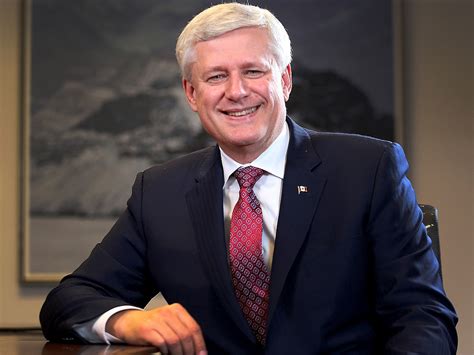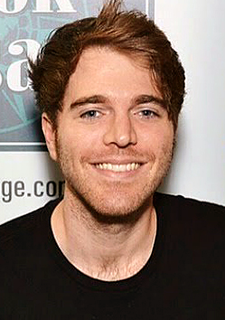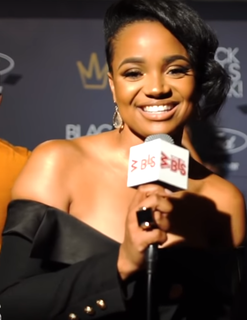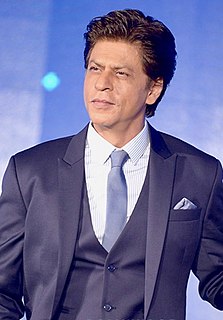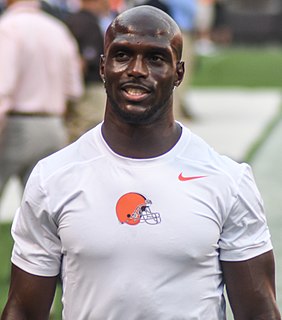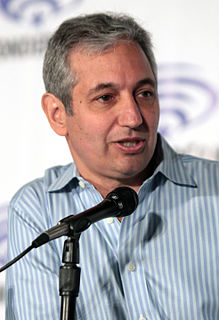A Quote by Gus Van Sant
When you're on a film and you're doubting something, it's usually because you don't think the audience is going to like it.
Related Quotes
It's very important that a film that intends to play tricks on the audience... has to play fair with the audience. For me, any time you're going to have a reveal in the film, it's essential that it have been shown to the audience as much as possible. What that means is that some people are going to figure it out very early on. Other people not til the end. Everybody watches the film differently.
I've always loved theatre because it's so immediate. The challenge of it is that, career wise, it's easier to get traction in the industry if you do film and TV because the audience is larger, and because the work can be seen for a longer period of time. I did solid work in a series of regional and Off-Broadway shows, but the work I did on TV or film will have a longer life with a larger audience (and with services like Netflix). Ultimately, there's something intimate about TV, because the storytelling and the actors come home with the viewer. It can be powerful because of that.
I think everybody's goal was to make something that was really broad for a big audience, which was my goal too. But my main goal was that I wanted my audience to love it, because they're the ones who are going to buy it, and they're the ones who are going to tell their friends. And I wanted to make sure that core audience was really happy, because if they all buy it we have a successful movie.
You're in a movie, so you have to think about how something plays. It's not like you're thinking about how an audience is going to react. You're trying to present the story. You're trying to illuminate the lives of these people in the story. So I'm thinking about how my behavior as this character best illuminates what's going on with them in this moment in time. I always say it's sort of the director's job. People think that the directors direct actors. No. Really, what the director's doing is directing the audience's eye through the film.
Whatever field you can do that, that's where you want to do it, and I think that's why people like David Fincher and Ridley Scott are interested in it, too, because when you sit down on a meeting in HBO and they're like, "More, more." You're just like, "Oh yeah, I love this." Sometimes it's a little harder in film. I think also it's a great audience, take advantage of it. It's a great audience.
I just feel like when a good project comes along, I'm not going to discriminate against it because it's television or because it's a film. I never want to say no to something just because of the area that it's in. If it's a good story or I think it's going to be exciting to play or exciting to be a part of, then I'm going to be a part of it.
I don't think all films should necessarily look like they do on digital video. I think it cheats the audience, at some point. If you try to make an epic and you shoot it digitally, that doesn't make much sense. I think there's a certain kind of film that could be a "digital film." But it shouldn't be interchangeable with other films. It should be something more than just a capture medium. It should be a different form altogether, something new.
I think the biggest challenge was being aware of a certain audience that was going to see this film [lone survivor]. There's a big difference from a typical movie, journalists and critics and film goers that go see it find that, that's the general experience you have as a filmmaker. So that just kind of proves my point that there's a really different audience.
I think that type of mindset, no matter if you're 16-0, you're rolling through the playoffs, no matter what the situation is, there's always going to be somebody that's doubting you or saying something about you. I think for certain guys individually, it may be something that kind of gives you that extra kick.
I think you have to do the stories that interest you and hope an audience likes it, rather than doing stories that you think the audience will like, whether you like them or not. I think there has to be something that you find compelling and interesting, and then hopefully an audience will agree with you.



